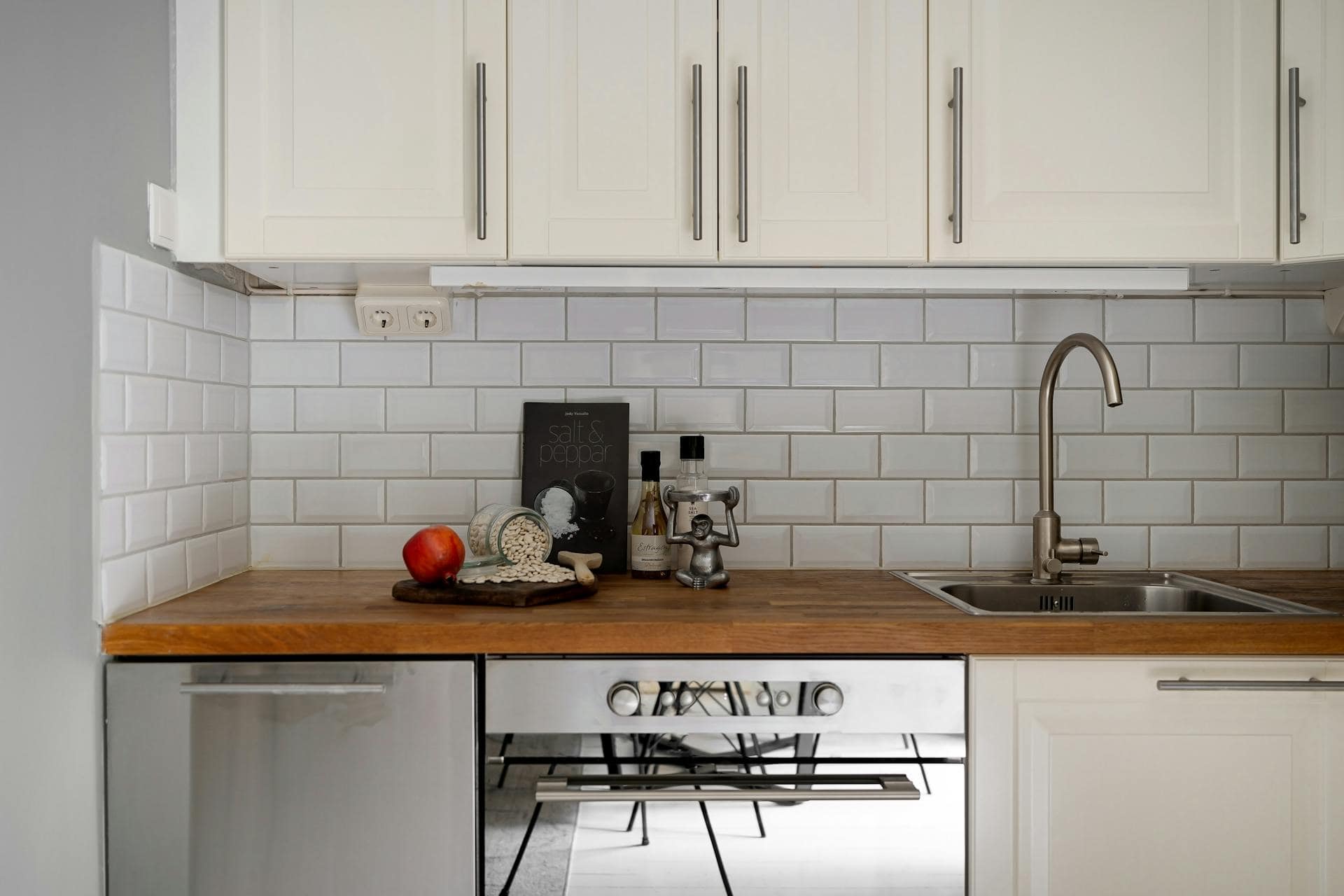
Question: Can I Fix My Own Dishwasher?
Answer: Yes, you can fix your own dishwasher. You resolve simple issues like a clogged filter or spray arm quite easily. More complex repairs involving electrical components or motors may require a professional technician.
Dishwasher Troubleshooting: Your Practical Guide to DIY Fixes
A broken dishwasher disrupts your daily routine. Fortunately, many common dishwasher problems have simple solutions you can implement yourself. This guide helps you diagnose and potentially fix your dishwasher without professional help. We’ll cover common issues, simple fixes, and when to call a repair technician. This empowers you to make informed decisions about your appliance. Remember, prioritize safety! Always disconnect the power before you work on your dishwasher.
This guide provides clear, step-by-step instructions. You will learn to identify problems and find solutions. Follow each step carefully. You save time and money by fixing your dishwasher yourself. Let’s begin troubleshooting!
Recognize Common Dishwasher Problems
Dishwashers encounter various problems, from minor inconveniences to major malfunctions. A dishwasher not starting represents a common issue. Check the power supply and circuit breaker before you investigate further. Another frequent problem involves the dishwasher not cleaning dishes properly. This may result from clogged spray arms, a faulty pump, or improper loading. Water not draining from the dishwasher signals another common issue. Inspect the drain hose and air gap for blockages. Strange noises during operation also indicate potential problems. Listen carefully to identify the noise’s source and address the underlying issue.
Click here to get more information about Blue Kitchens
Related Article: Is It Worth Repairing a 7-Year-Old Dishwasher?
Related Article: Do Freestanding Dishwashers Need to Be Plumbed In?
Inspect Spray Arms and Filters Regularly
Clogged spray arms prevent proper cleaning. Remove the spray arms and inspect them for debris. Clean any clogs with a toothpick or small brush. Also, clean the dishwasher filter located at the bottom of the dishwasher. Food particles and debris often accumulate in the filter, impeding water flow. A clean filter improves dishwasher performance and regular cleaning prevents future problems.
Investigate the Drain Hose and Air Gap for Blockages
Standing water in your dishwasher points to a drainage issue. Check the drain hose for kinks or blockages. Straighten the hose if it’s kinked and clear any blockages with a wire or plumbing snake. If your sink has an air gap, check it for clogs. Remove the cap and clean any debris. A clear drain hose and air gap allow water to drain freely.
Listen for Unusual Noises During Operation
Grinding or humming sounds suggest a motor or pump problem. A worn-out wash impeller can create loud noises. A failing pump motor produces humming sounds. Locate the source of the noise. If you suspect a motor or pump issue, contact a qualified technician for repairs. Do not attempt to repair the motor or pump yourself unless you possess advanced technical skills. Safety remains paramount.
Know When to Call a Professional for Dishwasher Repair
While many dishwasher issues offer simple DIY solutions, some problems demand professional help. If you identify a complex issue, call a qualified technician. Do not attempt to repair electrical components or intricate parts unless you possess the appropriate expertise. Working with electricity poses safety hazards. Incorrect repairs can cause further damage. A qualified technician possesses the knowledge and tools to diagnose and repair complex dishwasher problems safely and effectively.
If you try the troubleshooting steps and the problem persists, it’s time to call in a professional. Don’t hesitate to seek expert assistance when needed. This ensures safe and effective repairs.
Conclusion – Can I Fix My Own Dishwasher?
Troubleshooting your dishwasher can save you time and money. Many common problems have simple solutions you can implement yourself. By following the steps in this guide, you identify and resolve minor issues. Remember to disconnect the power before you work on your dishwasher. Always prioritize safety.
However, some dishwasher problems demand professional help. If you encounter a complex issue, contact a qualified technician. Do not attempt repairs beyond your skill level. A qualified technician diagnoses and repairs complex problems safely and efficiently. With careful troubleshooting, you can keep your dishwasher running smoothly.

Blue Malue Get in touch with Blue here.
